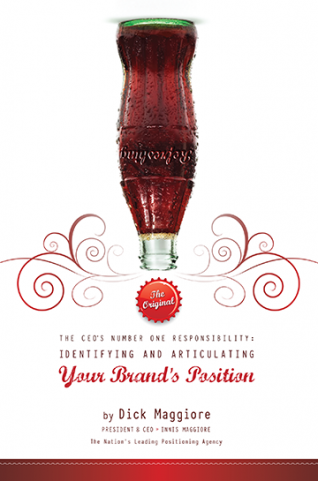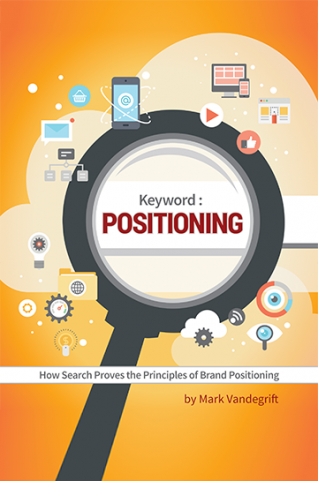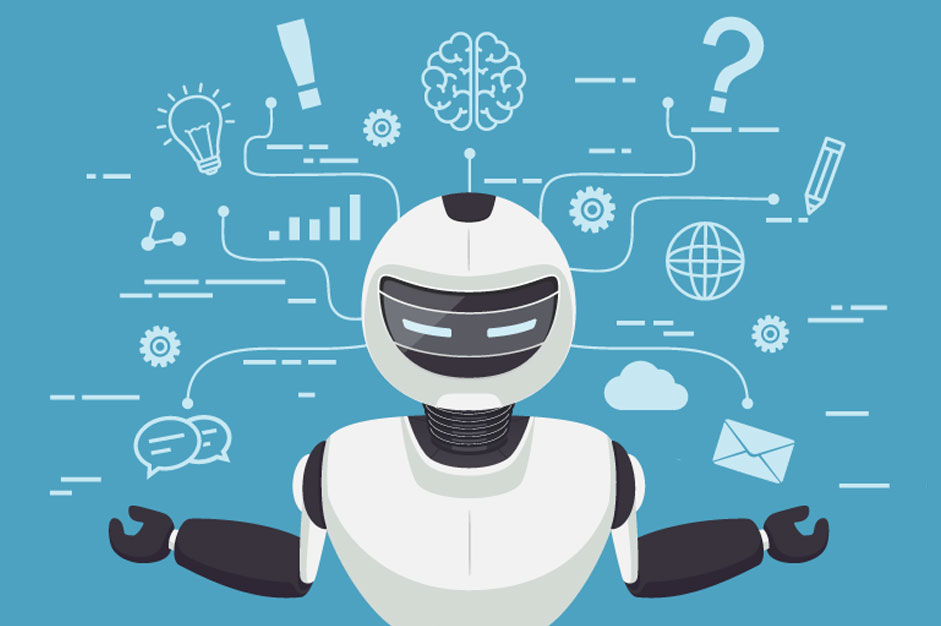AI-powered marketing is a buzz term in most of the online marketing pubs we read. A question typically posed is: Do any of us know how artificial intelligence will affect our marketing efforts? The answer is: not perfectly.
Yet AI-powered marketing is beginning to show glimpses of viable use. It’s evolving in an area many of us in the direct marketing space remember well.
About the time of the Y2K scare, we first heard the term one-to-one marketing. We had the promise that myriad customer data points would truly expose what each prospect coveted. Then our marketing materials could be personalized—thereby being more effective.
Affinity cards, for example, were one of the greatest methods cited to get big data. But few marketers ever leveraged the data available. For instance, I never bought cat food and am allergic to cats, but my grocer always mailed cat food coupons. Obviously some marketer was not looking at my data points.
What has been the challenge? No team of marketers – even the biggest – could possibly crunch the numbers to determine which personalization would really impact EACH prospect’s buying decision. Furthermore, it would be impossible to create enough unique messages that would influence every single prospect. Therefore, marketers have not achieved this utopian one-to-one personalization.
It’s now 2017 and still, marketing personalization has yet to be realized on a grand scale.
Enter AI-powered marketing.
Artificial intelligence actually offers the data-crunching required to make a deeper impact on personalization. You have seen AI in action if you regularly purchase items on Amazon. “Items to consider…,” “Customers who bought this item also bought…” and “Frequently bought together” are examples of AI-powered marketing designed to influence your purchase habits.
Amazon has the infrastructure to crunch this level of data, but it has yet to reach true one-to-one marketing. That day may not be far off.
Marketers fear AI-powered marketing because very few of us want to be replaced by machines. But we should be excited that AI-powered marketing will allow us to be freed up to be more strategic and more creative. Artificial intelligence can deliver insights to us in a way that previously made no sense to creative types.
For instance, as positionists, we believe that no machine will ever be able to emulate the emotion of humans. And it is in the emotional and irrational where a brand wins in the mind.
Every industry, product and service is unique with its set of market opportunities. Figuring out what difference exists in the marketplace and which void exists to fulfill market demand can never be replicated. Additionally, creating messaging that dramatizes a positioning strategy is a further step into the intricacy of emotion.
The human brain is complex, and figuring it out has been the study of many for millennia. Mapping the irrational side of the brain, which is where we make buying decisions, is most likely a lost cause.
But if there is any chance of predictive modeling, it will come from the computer chips behind artificial intelligence. Then marketers may someday harness the power of AI-powered marketing.



